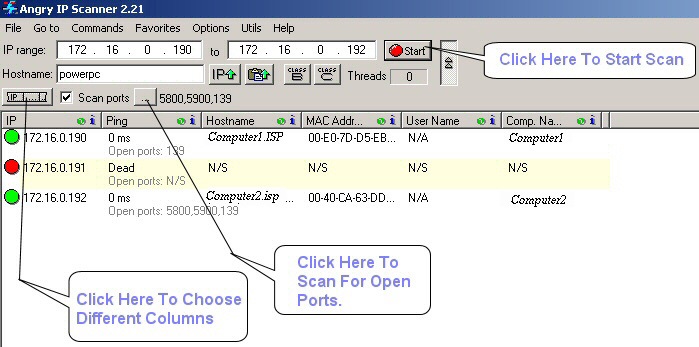 As businesses evolve and expand, they often grapple with a multitude of operational challenges that can drain resources and distract from the core business focus. That’s where Business Process Outsourcing (BPO) services come into play. BPO allows organizations to delegate some of their non-core processes to third-party providers, freeing up resources, enhancing productivity, and boosting overall efficiency.
As businesses evolve and expand, they often grapple with a multitude of operational challenges that can drain resources and distract from the core business focus. That’s where Business Process Outsourcing (BPO) services come into play. BPO allows organizations to delegate some of their non-core processes to third-party providers, freeing up resources, enhancing productivity, and boosting overall efficiency.
1. What is Business Process Outsourcing?
Business Process Outsourcing is the practice of contracting certain business functions to external agencies. These functions can range from customer service, accounting, and human resources, to IT services and marketing. By leveraging BPO, businesses can focus on their core competencies while benefitting from the specialist expertise of their outsourcing partners. Simply Contact is one such organization offering a comprehensive suite of BPO services.
2. Benefits of Business Process Outsourcing
BPO offers a wide array of benefits. Some of the most significant ones include:
Cost savings
Outsourcing can lead to significant cost savings as businesses can avoid the overheads associated with carrying out these processes in-house.
Access to expertise
BPO providers specialize in their field, giving businesses access to expert services and the latest technologies without the need for substantial upfront investment.
Increased focus on core business functions
By offloading non-core functions, businesses can focus on what they do best, improving productivity and driving growth.
Scalability
Outsourcing allows businesses to quickly scale up or down their operations based on market conditions and business needs.
3. Choosing a Business Process Outsourcing Provider
Choosing the right BPO provider is crucial. When considering potential providers, businesses should evaluate the provider’s experience, reputation, expertise in the required service, and compliance with industry standards. Moreover, businesses should ensure that the provider can integrate seamlessly with their existing operations and that there’s clear communication and accountability.
4. Managing Risks in Business Process Outsourcing
While BPO can provide numerous benefits, it’s not without its risks. These can include loss of control over certain business functions, issues with service quality, and data security risks. However, these risks can be managed effectively through careful provider selection, clear contractual agreements, and effective communication. Deloitte provides an insightful guide on managing BPO risks that could serve as a useful resource.
5. The Future of Business Process Outsourcing
As technology continues to evolve, the future of BPO looks promising. Developments like cloud computing, automation, and artificial intelligence are transforming the BPO landscape, enabling providers to offer more sophisticated, efficient, and cost-effective services.
Conclusion
Business Process Outsourcing offers businesses a strategic tool to enhance efficiency, reduce costs, and stay competitive in the ever-evolving market landscape. By understanding what BPO entails, its benefits, and how to manage associated risks, businesses can leverage BPO to their advantage and focus their resources where they matter most: on their core competencies and on driving growth. make longer
In an increasingly competitive business landscape, Business Process Outsourcing (BPO) serves as a strategic lever for enterprises to optimize efficiency, reduce operational costs, and maintain a competitive edge. The utility of BPO extends beyond the conventional outlook of it being just a cost-saving tactic. It is a strategic decision that enables businesses to tap into specialized expertise and advanced technologies, ultimately fostering innovation and growth.









